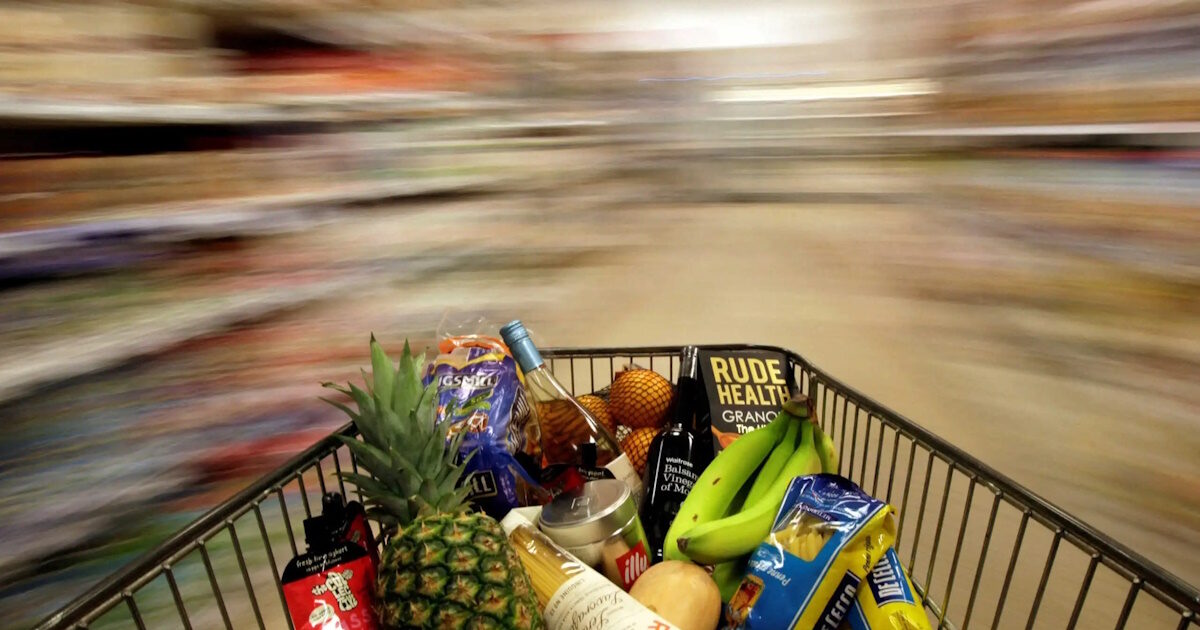OR accuracy at foods persists in Greece, despite the de-escalation of overall inflation, as Eurostat’s estimate for October showed.
The harmonized price index moved to 1.7%, but the precision in food seems to be recovering, even in conditions of a slowdown in the relative “food, alcohol and tobacco” index in the Eurozone, which is used by Eurostat. In Greece the index in October accelerated to double, to 2.8% from 1.4%.
Behind the resurgence of food prices are key factors pushing upwards, as can be seen in the latest available data from ELSTAT.
First, the rally in coffee and cocoa that started in 2024 and continued into early 2025 is now on the shelves. In ELSTAT data for September, “chocolate-chocolate products” recorded an annual increase of 22.2% and coffee 19.8%. International cocoa prices have hit record highs this year, while coffee remains expensive due to low stocks and fluctuating supply. This is how new precision is fueled in food.
Second, animal protein keeps food inflation high. Meat is up 8.4% year-on-year, while upward pressures are also present in dairy/eggs and fresh fish. Internationally, the FAO meat index has renewed its all-time highs, confirming that wholesale prices are also feeding lagged consumer inflation.
Third, processed foods and baked goods persist, as the rebound in input costs (raw materials, packaging, transportation) is slow and uneven.
In seasonal categories, fresh fruits and vegetables show strong month-to-month fluctuations, which can temporarily increase food accuracy, especially when weather fluctuations coincide with little room for “building” stocks.
To the above, it should be added that the increases are recorded despite the fact that there is a strong counterweight, olive oil. After two years of explosions, its prices are now moving significantly lower on an annual basis. In the September figures, olive oil is down 37.1% from last year, while at EU level the harmonized index for olive oil is also falling significantly in 2025. The relief from olive oil, however, is not enough to “quench” the upward pressures coming from coffee, cocoa and meats.
In the wider European context, the slowdown in the rate of food, alcohol and tobacco price increases shows that pressures are easing in most member states, but Greece still sees food prices moving through specific categories that are partly fueled by international markets and partly by domestic costs.
